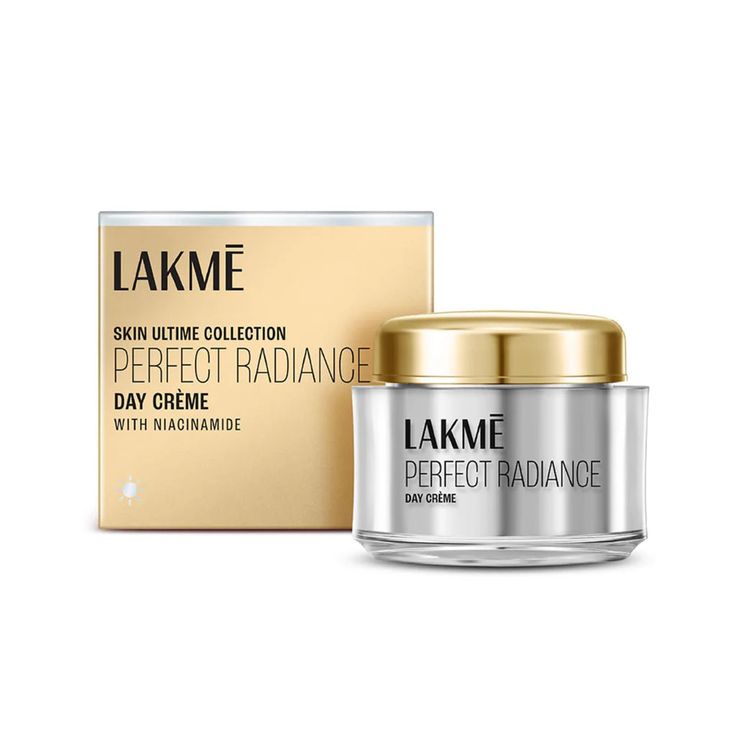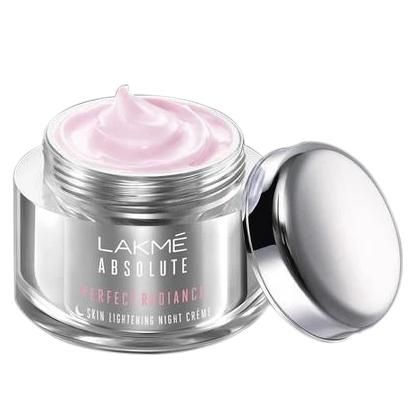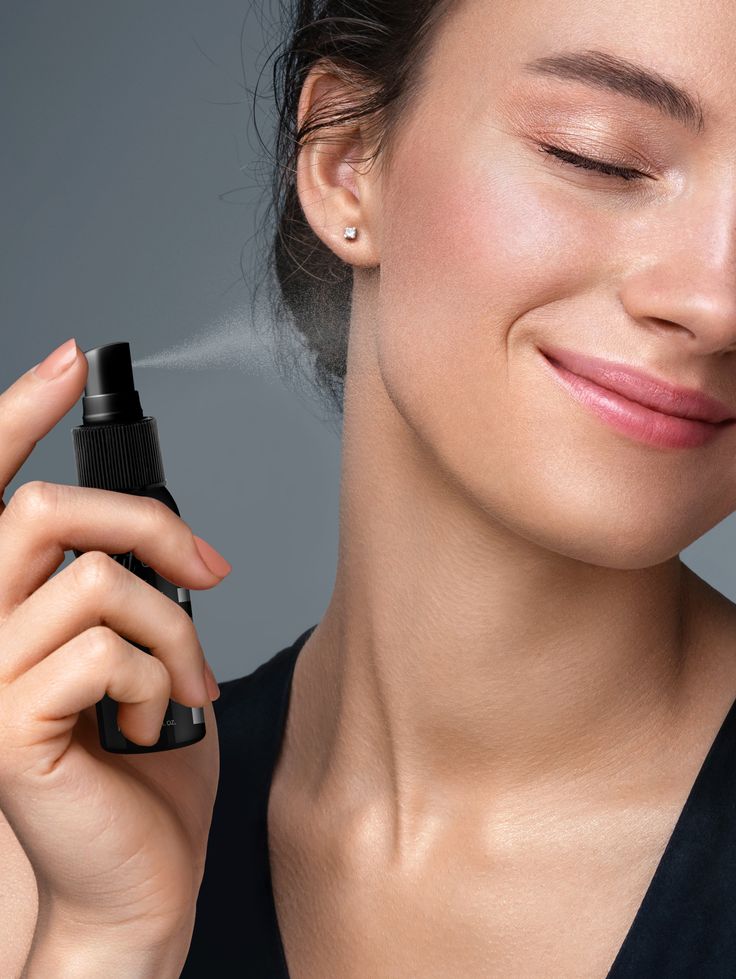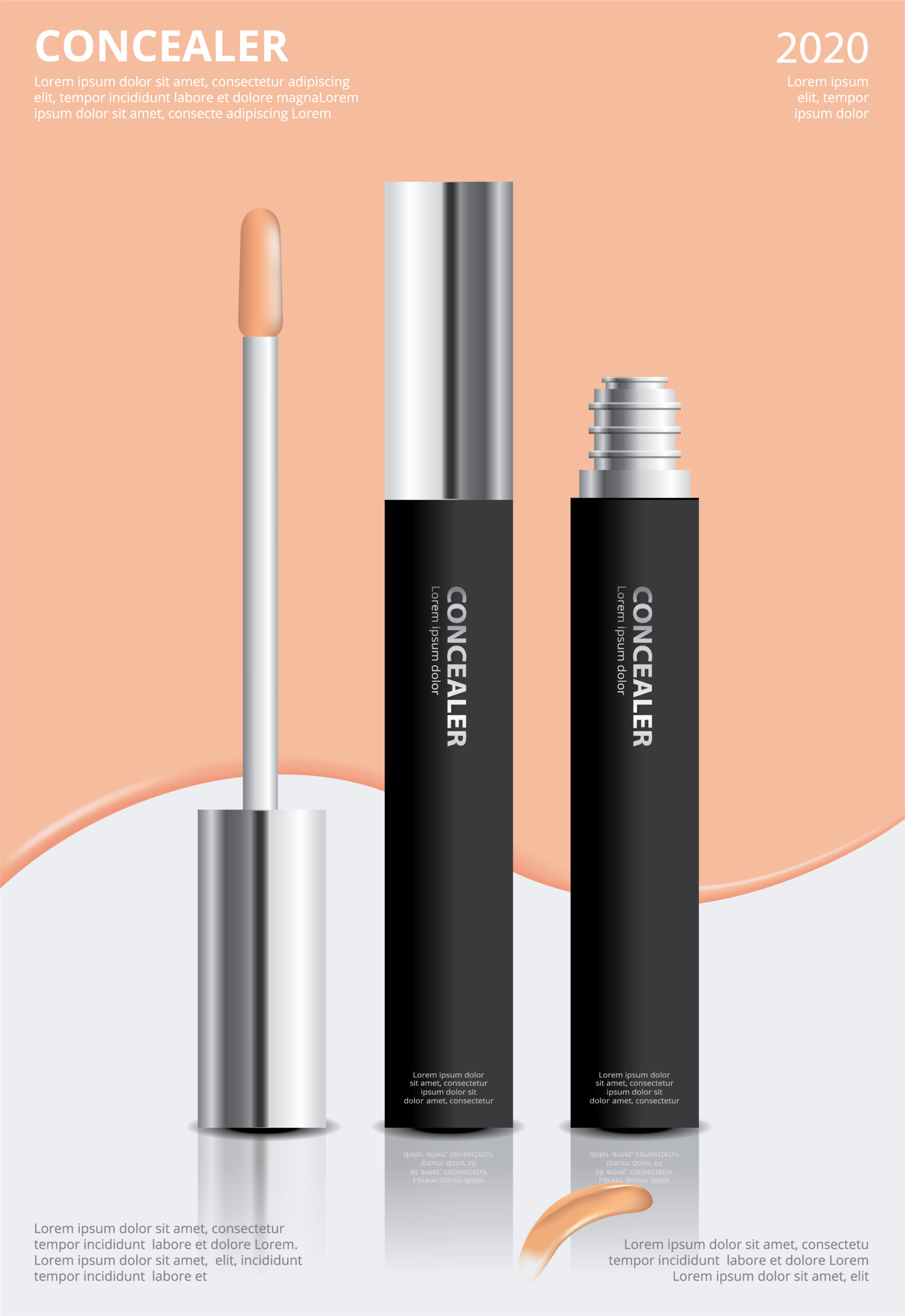Lakmé, one of India’s most popular beauty and skincare brands, has been at the forefront of providing a range of cosmetic and skincare products for decades. One of its most iconic offerings is the Lakmé Fairness Cream, which has become a household name over the years. The cream claims to brighten and even out the skin tone, offering a more radiant complexion. However, its promotion and the broader concept of “fairness” have sparked significant debate in recent years.
The Rise of Lakmé Fairness Cream

Launched in the early 2000s, Lakmé Fairness Cream quickly became a staple in the beauty routines of many women, especially in India. The product was marketed with the promise of achieving a “fairer” complexion by using it regularly. It claimed to work by providing instant radiance while gradually lightening skin over time. With the emphasis on a fairer skin tone being heavily marketed, Lakmé positioned this product as a way to enhance beauty, confidence, and attractiveness.
Key Ingredients
Lakmé Fairness Cream is formulated with several key ingredients intended to enhance skin radiance. Some of these include:
- Vitamin B3: Known for its brightening and skin-conditioning properties, Vitamin B3 helps even out skin tone and reduce dark spots.
- Sunscreen Agents: Lakmé Fairness Cream often contains sun protection factors (SPF), offering protection against harmful UV rays, which can darken the skin and lead to premature aging.
- Lemon Extract: Some versions of the cream contain lemon extract, which is a natural skin brightener, and antioxidants that help rejuvenate the skin.
- Pro-Vitamin B5: A popular ingredient in many skincare products, it helps in nourishing and moisturizing the skin, making it feel soft and hydrated.

Marketing and Criticism
For many years, Lakmé Fairness Cream and similar products dominated the Indian beauty market, using fair skin as a standard of beauty. The marketing of fairness creams was often based on the idea that lighter skin would improve one’s social standing and attractiveness, reinforcing societal beauty standards that idealize fairness. These advertisements have faced substantial criticism, as they perpetuate harmful beauty norms and promote the idea that fairness equals beauty and success.
In 2013, Lakmé attempted to address these concerns by rebranding some of its fairness products and shifting focus towards “glowing” and “radiant” skin rather than promoting fairness as the ultimate beauty standard. While this was seen as a step in the right direction, the brand, like many others, still continues to face backlash from activists and consumers who question the fairness-obsessed beauty industry.
Evolving Consumer Preferences
In recent years, there has been a noticeable shift in consumer attitudes towards skincare. Modern beauty trends are focusing more on embracing diverse skin tones and promoting the idea that beauty comes in all shades. With this, many consumers have become more conscious of the harmful messaging promoted by fairness creams.
As a result, brands like Lakmé are being pushed to reconsider the language and concepts they use in their products. Lakmé, along with other beauty companies, is slowly adopting a more inclusive approach, encouraging products that focus on healthy, glowing skin rather than conforming to a specific standard of fairness.
Conclusion
The Lakmé Fairness Cream has undoubtedly played a major role in shaping the skincare landscape in India, but it has also been part of the larger conversation surrounding fairness and beauty. While the product continues to be popular, the growing awareness about skin tone diversity and the need for more inclusive beauty standards is pushing brands to rethink their messaging. As beauty standards evolve, it is likely that products like Lakmé’s will also continue to adapt, promoting healthier and more inclusive ideas of beauty.
While the Lakmé Fairness Cream remains a staple for many users, it’s important to consider that true beauty lies in self-acceptance, embracing one’s natural skin tone, and cultivating confidence from within.

